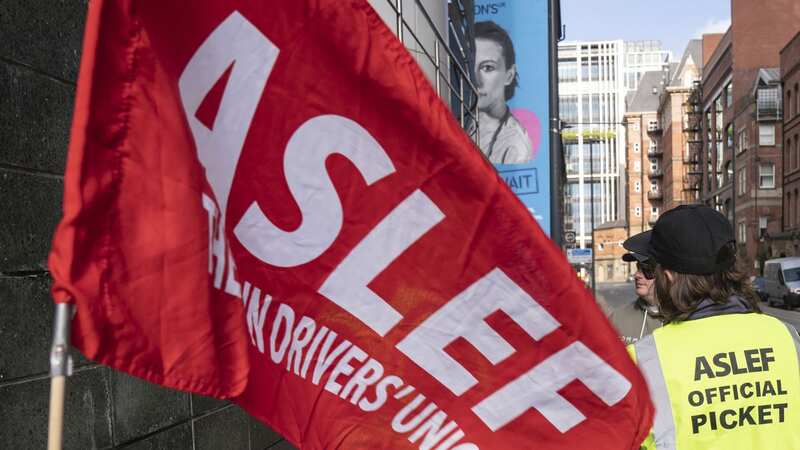Hospitality sector warns of £350m hit from rail strikes amid business concerns

The hospitality sector has warned that the latest rail strikes could cost businesses up to £350 million.
The Night Time Industries Association (NITA) expressed deep concern about the significant impact of recent industrial action by the train drivers' union Aslef on the night-time economy. The group, which represents night-time businesses, said past strikes have already caused firms to lose more than £4 billion in revenue.
This has worsened the effects of rising inflation and led to a significant increase in hospitality businesses going under. NITA has called on Prime Minister Rishi Sunak and Chancellor Jeremy Hunt to take decisive action to address this critical situation.
Trade association UKHospitality estimates that the current train strikes will cost the sector up to another £350 million. In 2023, 1,641 companies went bust, with 190 of those from the hospitality sector.
This is a 22% increase compared to the previous year and a 91% rise compared to 2021. Train drivers in some of the busiest areas, including routes into London, didn't go to work on Tuesday. This caused big problems for train services like Southern and South Western Railway.
 Teachers, civil servants and train drivers walk out in biggest strike in decade
Teachers, civil servants and train drivers walk out in biggest strike in decade
More strikes happened on Wednesday with Northern Trains and TransPennine Express drivers. They are planning to keep striking next week too. Workers on the London Overground will also strike for two days in the next two months because they want better pay.
Michael Kill from NITA said: "Our industry is on the brink of collapse, with billions of lost revenue, increased taxes, and the devastating closure of numerous businesses. This has not only impacted livelihoods but has also led to a decline in the vibrancy of cities and towns nationwide. I urge the Chancellor and the Prime Minister to acknowledge the critical situation unfolding before them and take decisive action."
Kate Nicholls from UKHospitality said: "Once again, hospitality businesses are left dismayed by strike action which will be significantly detrimental to sales and see bookings cancelled. January and February are already two of the quieter months of the year for venues and this disruption will make it even more painful. We continue to urge all parties involved to urgently reach an agreement and resolve the dispute."
The NITA reminded that while strikes are a legal way for workers to voice their issues, it urged Aslef union to think about the lasting implications of their actions. The NITA said: "NTIA encourages the Aslef union to consider the far-reaching consequences of their actions and seek solutions that will safeguard both the welfare of their members and the viability of local businesses."
Emma McClarkin, who is the chief executive of the British Beer and Pub Association (BBPA), said: "After more than a year of frequent train strikes on the national rail network and on the London Underground, these continuing strikes are a serious blow for pubs across the country, during the toughest period of the year for trading. There is absolutely a financial cost to the country's pubs, who operate on narrow margins and need all the footfall they can get, especially in January."
MRI Software, a company specialising in real estate software, revealed a 20.1% drop in customers visiting UK retail locations from December to January and predicted that this sector might struggle due to the planned rail strikes. Jenni Matthews, the director at MRI Software, said: "While the post-Christmas slump is evident in January's footfall figures, the retail sector and businesses reliant on visitors travelling in by train are set to face challenges in the first half of February due to an unprecedented number of planned rail strikes."
A spokesperson for Aslef spoke up, saying: "Taking strike action is always a last resort." They continued: "But this is a failure of management, a failure of the train companies, and a failure of this government, which has overseen a staggering hike in prices over those five years. The solution is simple persuade the companies to come back to the table and negotiate with us."
A Government spokesman said: "We have done deals to end strike action with the RMT, TSSA and Unite unions, but Aslef continue to go on strike despite having an offer on the table that would increase a train driver's salary to £65,000 which they still refuse to put to their members. We recognise the challenges industrial action poses for the hospitality sector, which is why we recently extended measures to support pubs and hospitality, including a 75% discount on business rates and freezing alcohol duty until August 2024."
* An AI tool was used to add an extra layer to the editing process for this story. You can report any errors to webhomepage@mirror.co.uk
Read more similar news:
Comments:
comments powered by Disqus
































